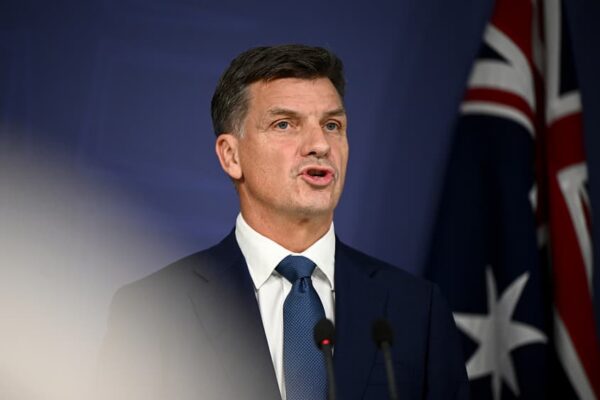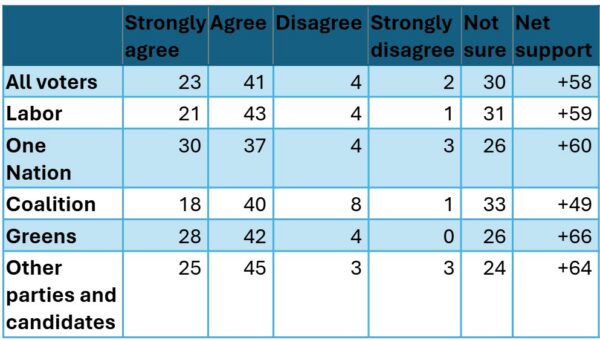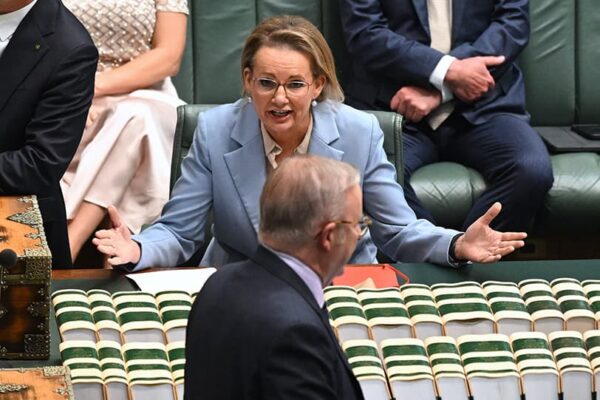The Wrap with Dr Emma Shortis
More often than not, Australia’s relationship with the United States highlights and reinforces the worst in our politics, and the worst in theirs.
Here at home, the week began with some shamefully racist politicking by federal parliamentarians. A “hardline” Liberal Party immigration proposal was “leaked” to the Australian media. Straight from the Trump playbook, the proposal mooted banning immigrants from 37 regions, deporting 100,000 asylum seekers and visa holders, and even vetting the social media of aspiring migrants. To followers of American politics, that might sound very familiar.

Photo: AAP Image/Bianca De Marchi

